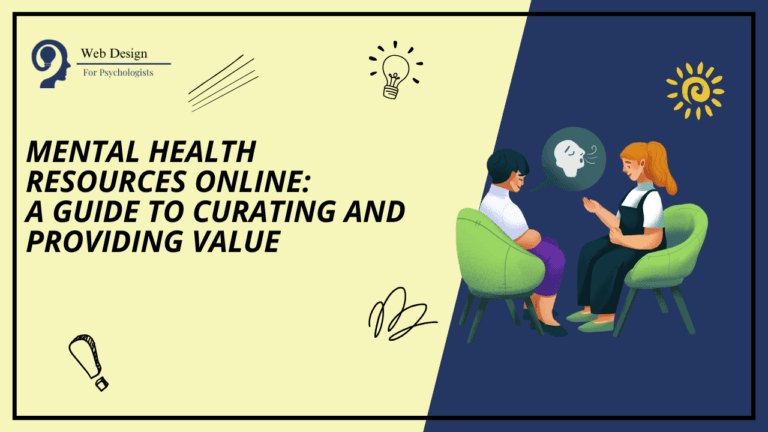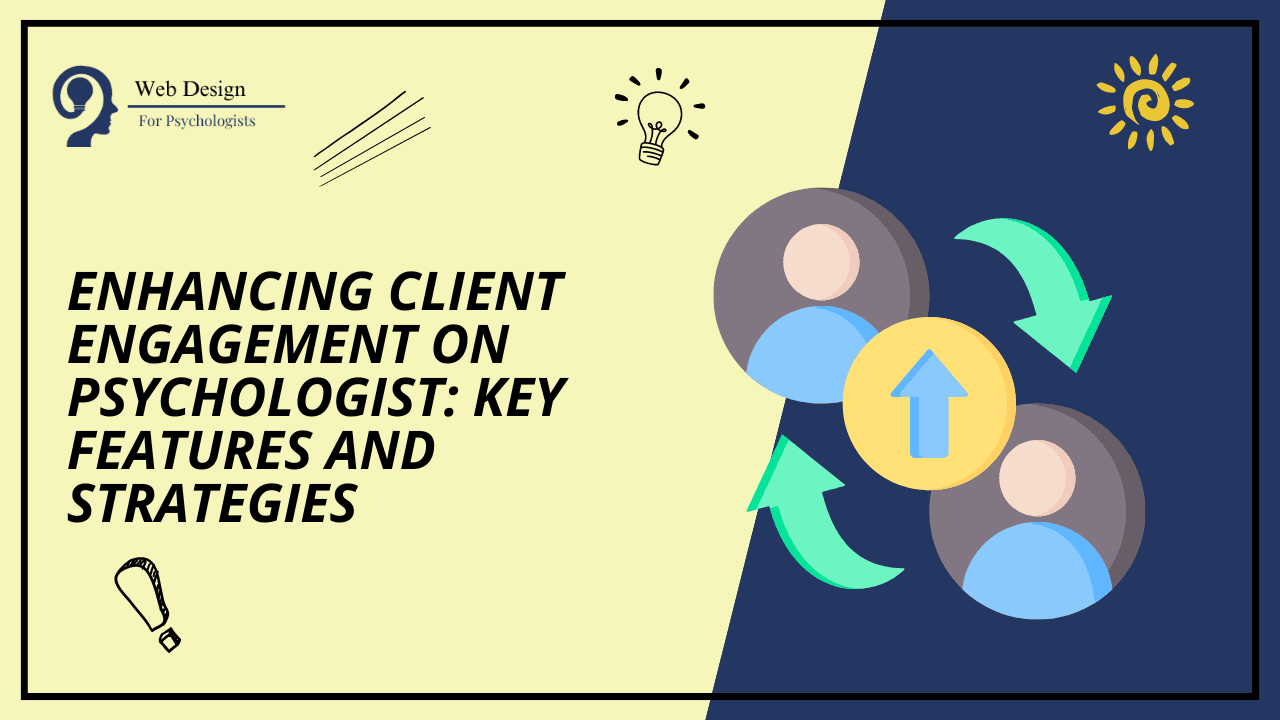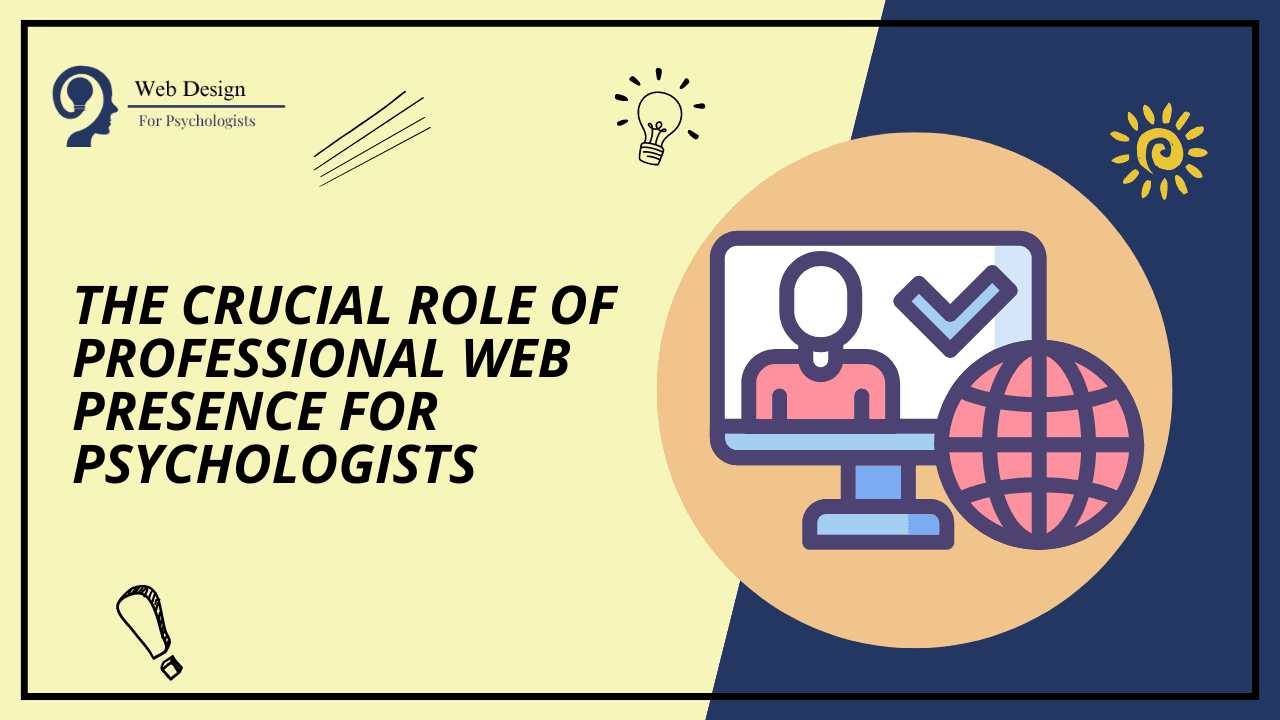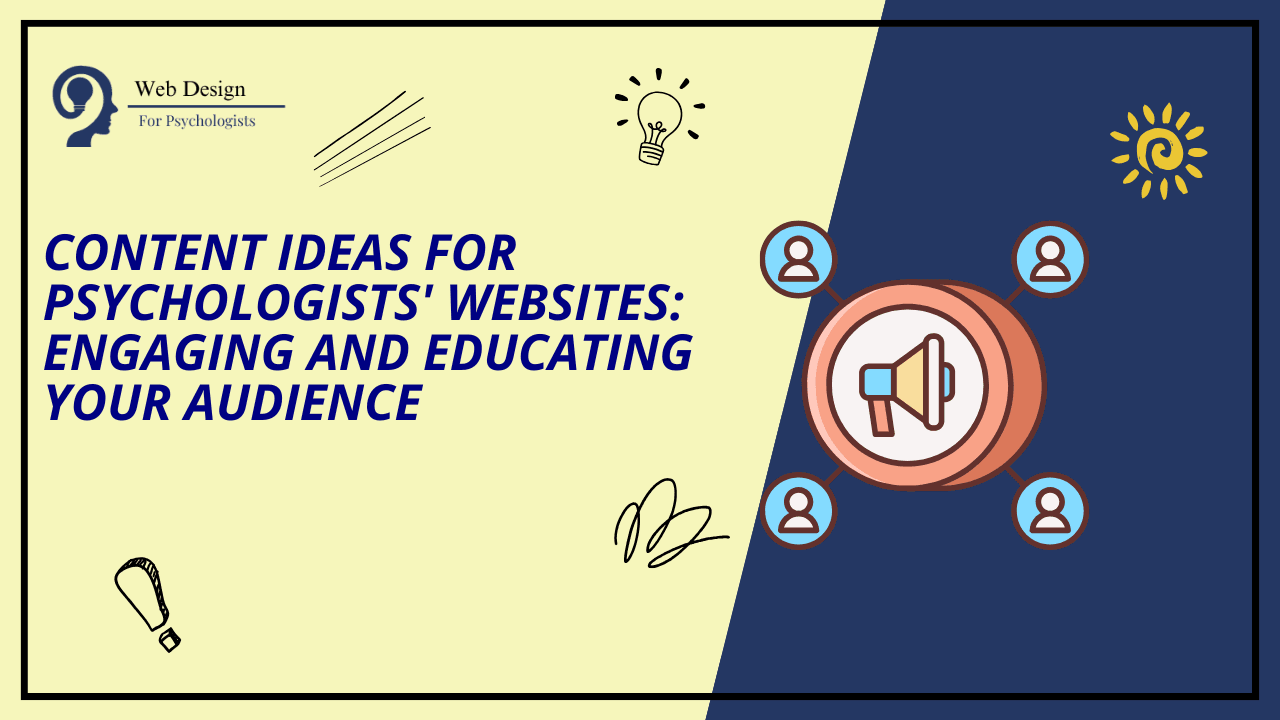In an era where digital connectivity is at its peak, the internet has become a vital resource for accessing information on virtually any topic. Mental health, once shrouded in stigma and misunderstanding, is now more openly discussed than ever before. This shift has led to a surge in demand for mental health resources online. For professionals and organizations dedicated to mental wellness, curating these resources effectively can make a significant impact. In this article, we will explore how you can curate mental health resources on your site and provide value through free mental health tools.
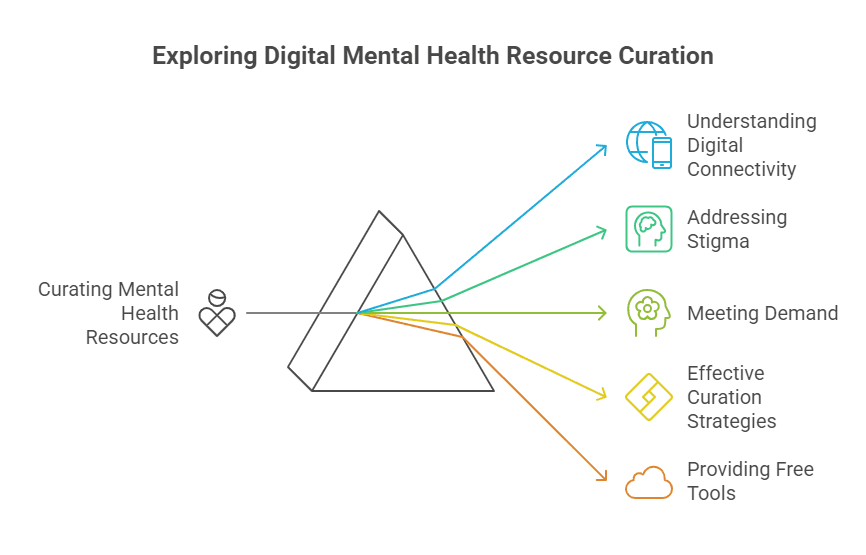
The Importance of Mental Health Resources Online
The accessibility of online mental health resources offers numerous benefits:
1. Wider Reach: Individuals from all over the world can access valuable information without geographical limitations.
2. Anonymity: Users can seek help or information discreetly, which is crucial for those who may feel embarrassed or stigmatized.
3. Diverse Information: The internet provides access to a wide range of perspectives and expertise that might not be available locally.
However, with the vast amount of content available online, it’s essential to ensure that the information provided is accurate, reliable, and beneficial.
Curating Mental Health Resources on Your Site
Curating quality content involves selecting relevant materials that meet the needs of your audience while ensuring accuracy and reliability.
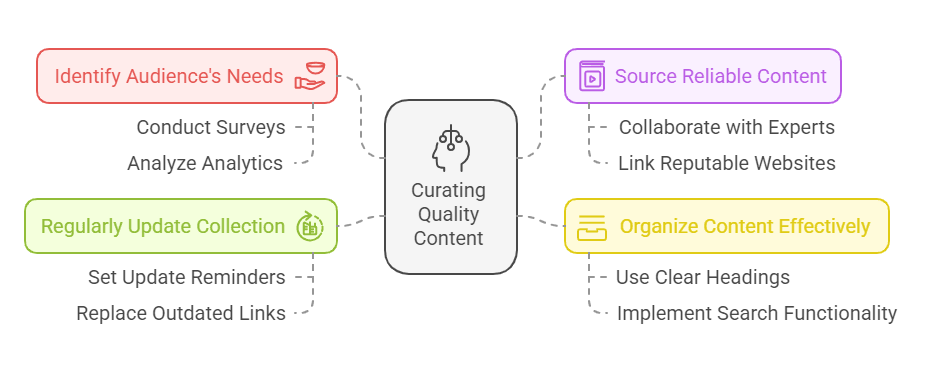
1. Identify Your Audience’s Needs
Understanding what your audience seeks is fundamental in curating effective resources:
– Conduct surveys or polls to gather insights into their interests.
– Analyze website analytics to determine popular topics among visitors.
2. Source Reliable Content
Ensure that all curated content comes from reputable sources such as academic journals, established healthcare providers, or recognized experts in psychology:
– Collaborate with licensed therapists or psychologists who can contribute expert articles.
– Link only reputable websites like government agencies (e.g., National Institute of Mental Health) or respected non-profits (e.g., American Psychological Association).
3. Organize Content Effectively
Make navigation easy by categorizing resources based on themes such as anxiety management techniques or mindfulness practices:
– Use clear headings/subheadings so users quickly find what they need.
– Consider implementing search functionality within your site if possible.
4. Regularly Update Your Collection
Mental health research continually evolves; therefore it’s important regularly update existing material with new findings:
– Set reminders every few months review current listings ensure relevancy accuracy
– Replace outdated links/articles when necessary
Providing Value Through Free Mental Health Tools
Offering free tools enhances user experience by providing practical assistance alongside informational content:
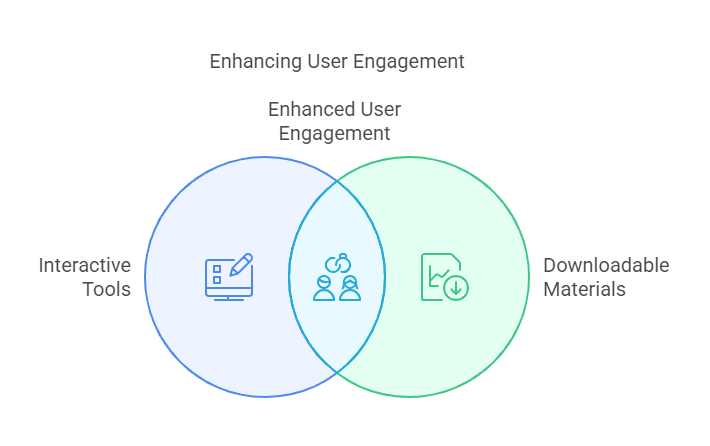
1 . Develop Interactive Tools
Interactive elements engage users actively rather than passively consuming text-based material:
– Create self-assessment quizzes/tests allowing individuals gauge emotional well-being levels
– Design guided meditation sessions using audio/video formats
2 . Offer Downloadable Materials
Providing downloadable PDFs worksheets allows users offline access useful exercises activities they revisit time again:
– Compile stress reduction techniques simple step-by-step guides
– Share journaling prompts encourage reflective writing habits
3 . Host Webinars Workshops
Live events foster community interaction learning opportunities beyond static webpage offerings :
– Invite guest speakers discuss various aspects maintaining positive mindset coping strategies during challenging times
– Facilitate group discussions Q&A sessions promote peer support networks among attendees
Conclusion
Building comprehensive collection accessible engaging digital space empowers individuals take charge own psychological well-being journey ultimately contributes larger societal effort normalize conversations surrounding emotional wellness destigmatize seeking professional help whenever needed By carefully selecting organizing high-quality trustworthy materials supplemented interactive features downloadable assets anyone interested improving personal growth self-care practices benefit immensely visiting thoughtfully curated platform today tomorrow future generations come together create healthier happier communities everywhere!

